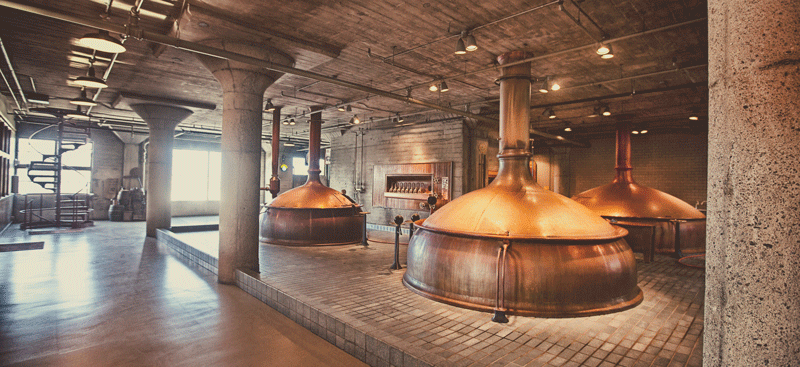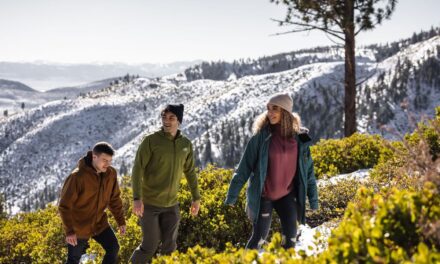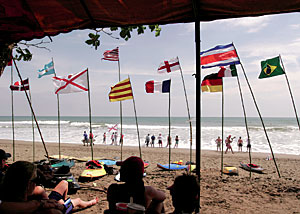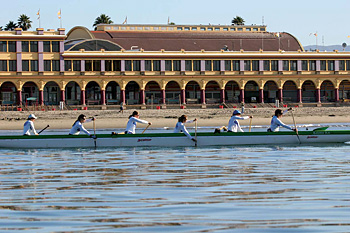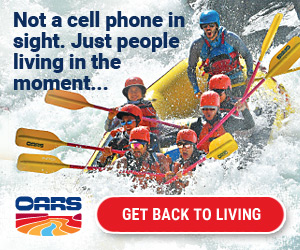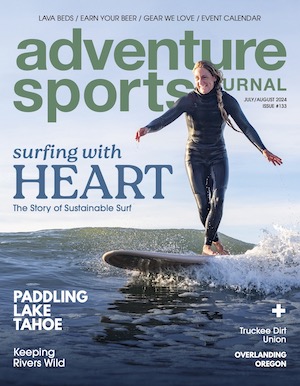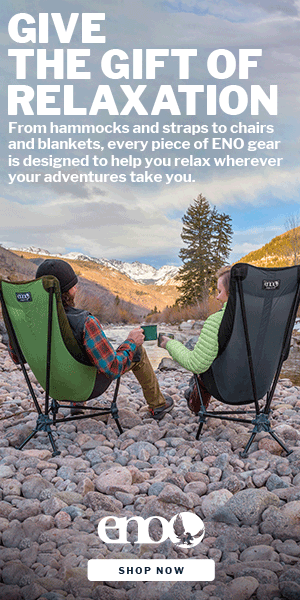- California Enduro Series Announces 2024 Schedule - 11/19/2023
- ASHLAND MOUNTAIN CHALLENGE 2023 – CES RACE REPORT - 10/04/2023
- China Peak Enduro 2023 – CES Race Report - 09/04/2023
Taking risks and breaking down barriers
By Sarah Marschall
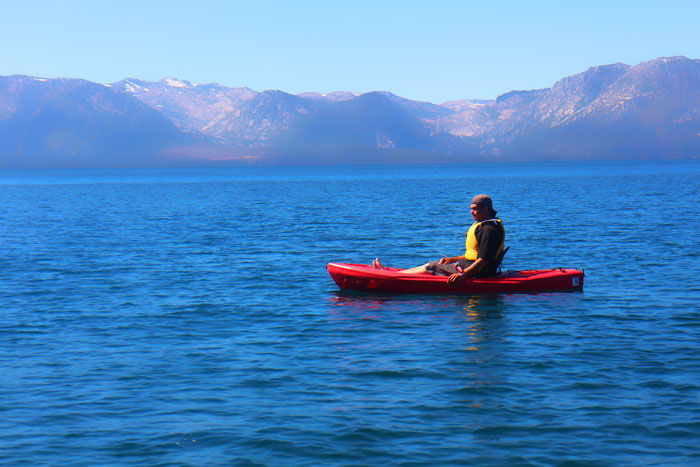
Last September, a unique journey took place. Ryan Althaus of Sweaty Sheep Ministries, River Krimmer of Living Evolution, and Elijah Cooper of Shared Adventures, joined forces to find new ways to help those suffering from trauma due to homelessness or a disability. The plan was to take people from a full spectrum of living situations in Santa Cruz to Lake Tahoe for a week of community building, risk-taking, and adventure therapy.
In the last days before they were scheduled to leave, the pieces came together. Second Harvest donated healthy food. Patagonia came through with clothing. Zeeba Rentals provided a discounted rate on a van. Other organizations and individuals stepped forward to help — and all just in time. On Sunday, September 24, 2017, the group of travelers arrived at Tahoe.
The retreat was dreamed up in a backyard among friends, but in no way on a whim. Each of the organizers — Althaus, Krimmer, and Cooper — have passion and considerable experience in healing through outdoor adventure, sports, and recreation. The retreat brought together participants who were homeless, people with disabilities, and some experiencing both homelessness and disability. There were youth and adults, men and women. Participants had some connection to an organizer, but only a few knew each other. A few homeless participants were recruited the day the group left Santa Cruz.
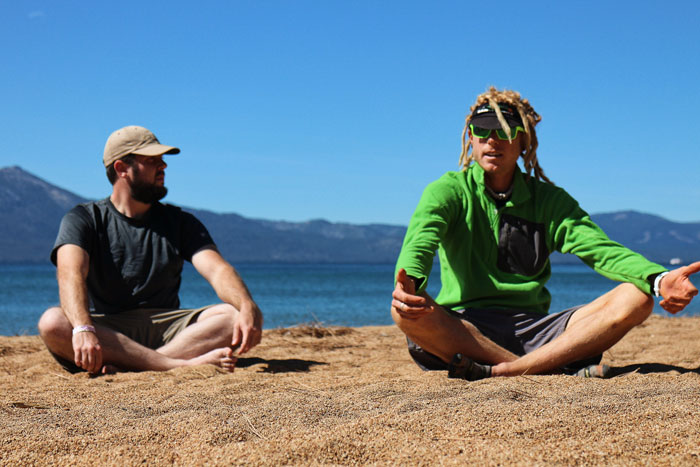
“We started the trip by agreeing that true community must acknowledge authentic diversity … thus each and every one of us offered one unique part of a greater whole,” says Althaus.
I had been invited to cover the retreat for Adventure Sports Journal and met them on their first night at Zephyr Point near South Lake Tahoe. There was only moonlight when I arrived. Two tall men stood outside of the lodge. I noticed one of the men’s bare feet. He asked me if I needed help with my bags. In this simple question, I could see that while I had come to be in service of others, I would also need the humility and openness to be served myself. And, I would need to leave any preconceptions at the door.
That night, I met Andrea. As we sat in a circle in the pine-walled cabin looking over the lake, she shared some of the situations and circumstances that culminated with the loss of her housing and her recent life on the street. She appeared younger than me, but apart from that, the differences between us seemed small. I found myself admiring her bravery, but I also felt another overwhelming emotion being shared by the group — fear. Looking around the circle at others who nodded, who fidgeted uncomfortably in details of her story, and through both pauses, and tears, I could feel their fear. I could glimpse at the danger that Andrea and others who are homeless faced on many days, and every night. I could imagine myself, exhausted, and facing the night with no door to close and no shelter for protection. This was the reality of homelessness that many of them shared.
One of the simple gifts that this retreat offered was for participants to experience safety and the opportunity to rest body and mind, if only for a few days.

I had only planned to stay for a night. After it was over, I was eager to hear what had happened during the week. Althaus and Krimmer described many adventures, planned and unplanned: People created art. They practiced yoga. They went horseback riding and hiking. A kayak capsized in the unforgiving water, making loss of life a very real possibility. Life prevailed.
One of the men said he felt hope, for the first time that he could remember.
A 26-year old, living with a traumatic brain injury, climbed (with help) atop a rock overlooking the lake — the first time since his accident that he was able to have an experience like this. Krimmer described this as one of his best moments, “Seeing the light in his eyes and the smile on his face that he was up there was truly a highlight for me.”
People played. They shared. They ate healthy food. They watched sunsets. And they rested.
“This retreat mattered to me because it served as an opportunity to show individuals who had been beaten down by debilitating labels that there was a reason to live! It was an opportunity to address the ‘quality’ of the lives that our society haphazardly and superficially seeks to serve,” Althaus says.
Althaus, Krimmer, and Cooper are planning more adventures. Their strengths are synergistic, and they attract and recruit other people who are oriented toward generosity. They also keep things in perspective.
Says Krimmer, “Anything is possible if you believe. There were so many pieces to this retreat. Without expectations, everything was a blessing.”
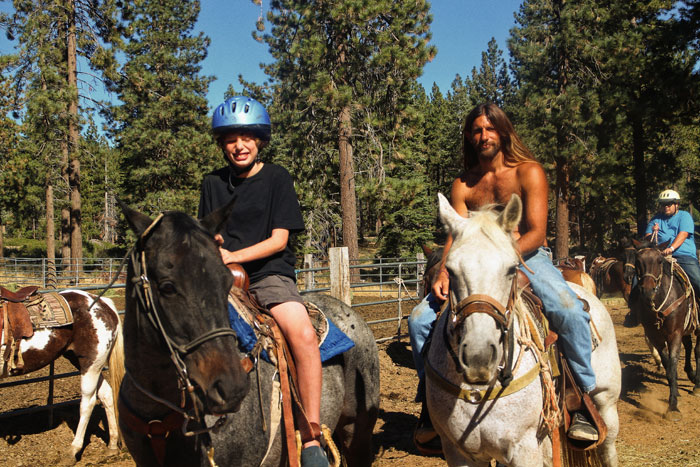
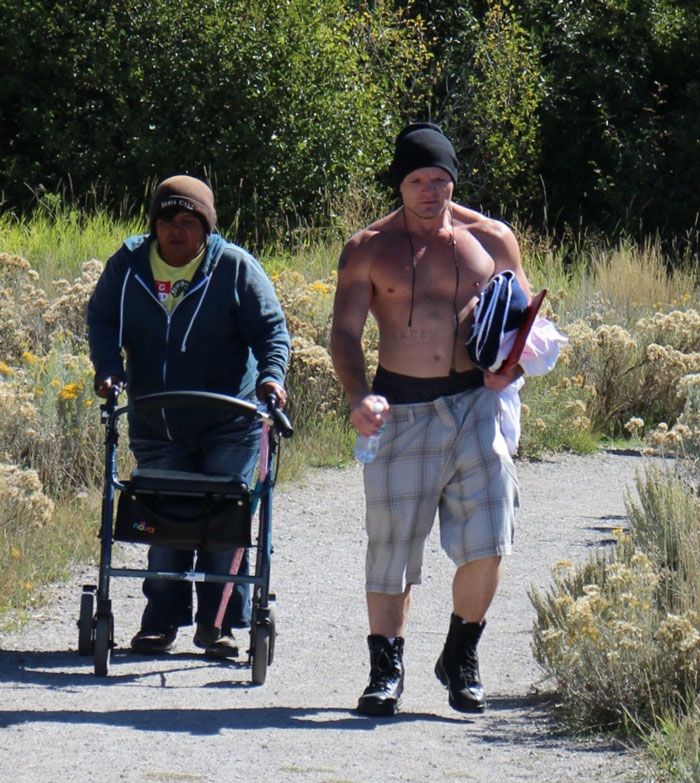
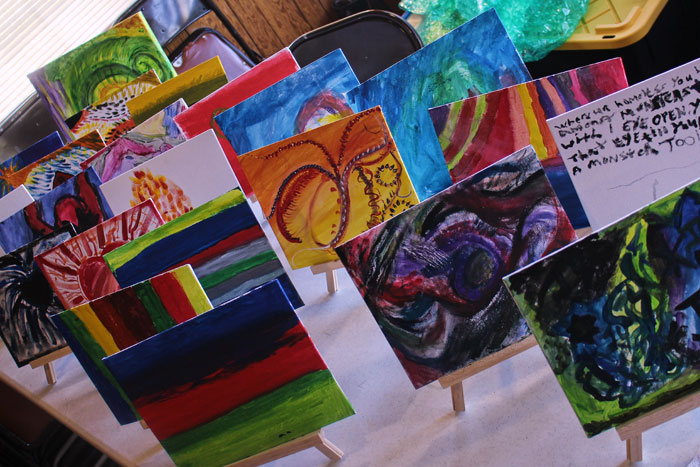
Do you want to help others experience healing through adventure? Contact these organizations to donate gear, time, or talent.
Sweaty Sheep: Utilizing recreation to break down social, economic, and faith barriers in the creation of a more holistic community. sweatysheep.com
Living Evolution: Using nature as a median for healing and connecting. livingevolution.org
Shared Adventures: Providing life-enriching recreational and social activities for people with special needs. sharedadventures.org



